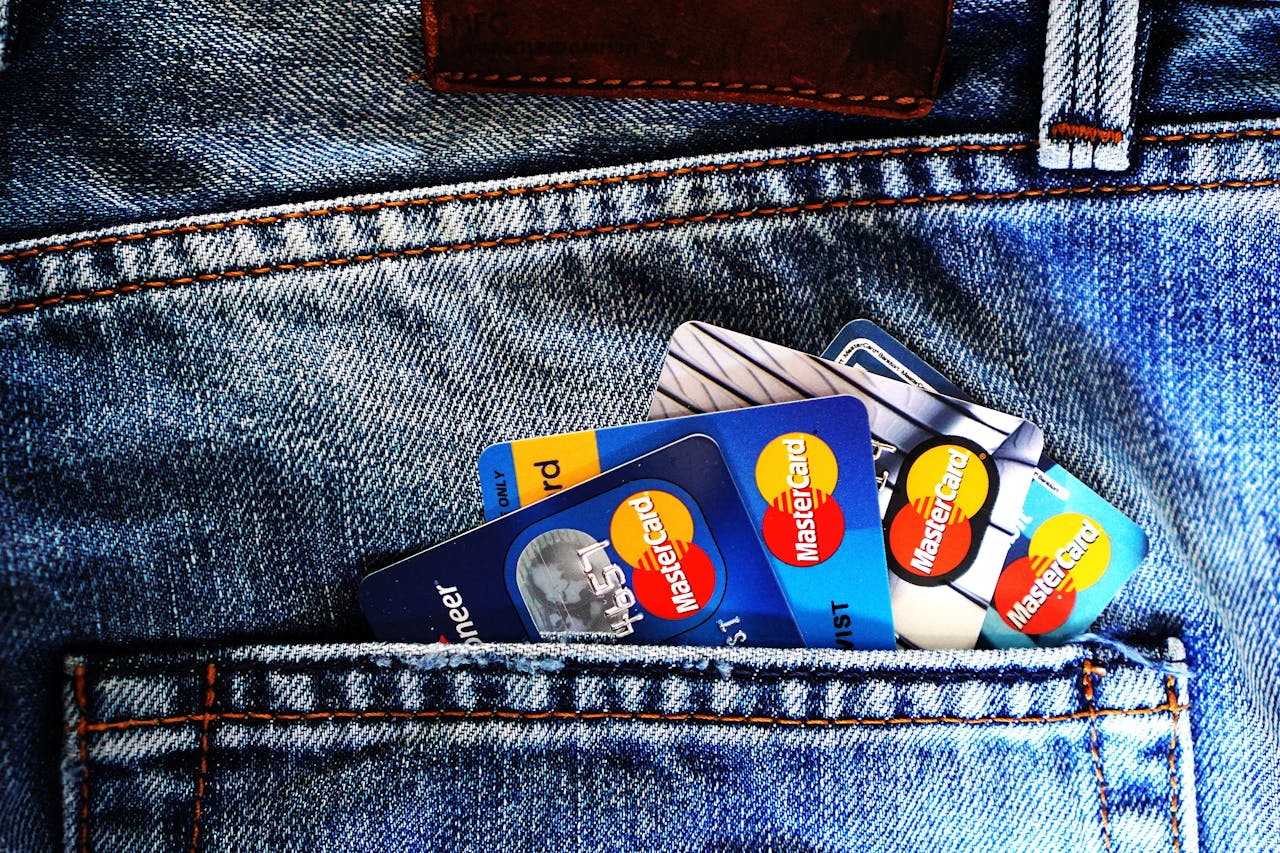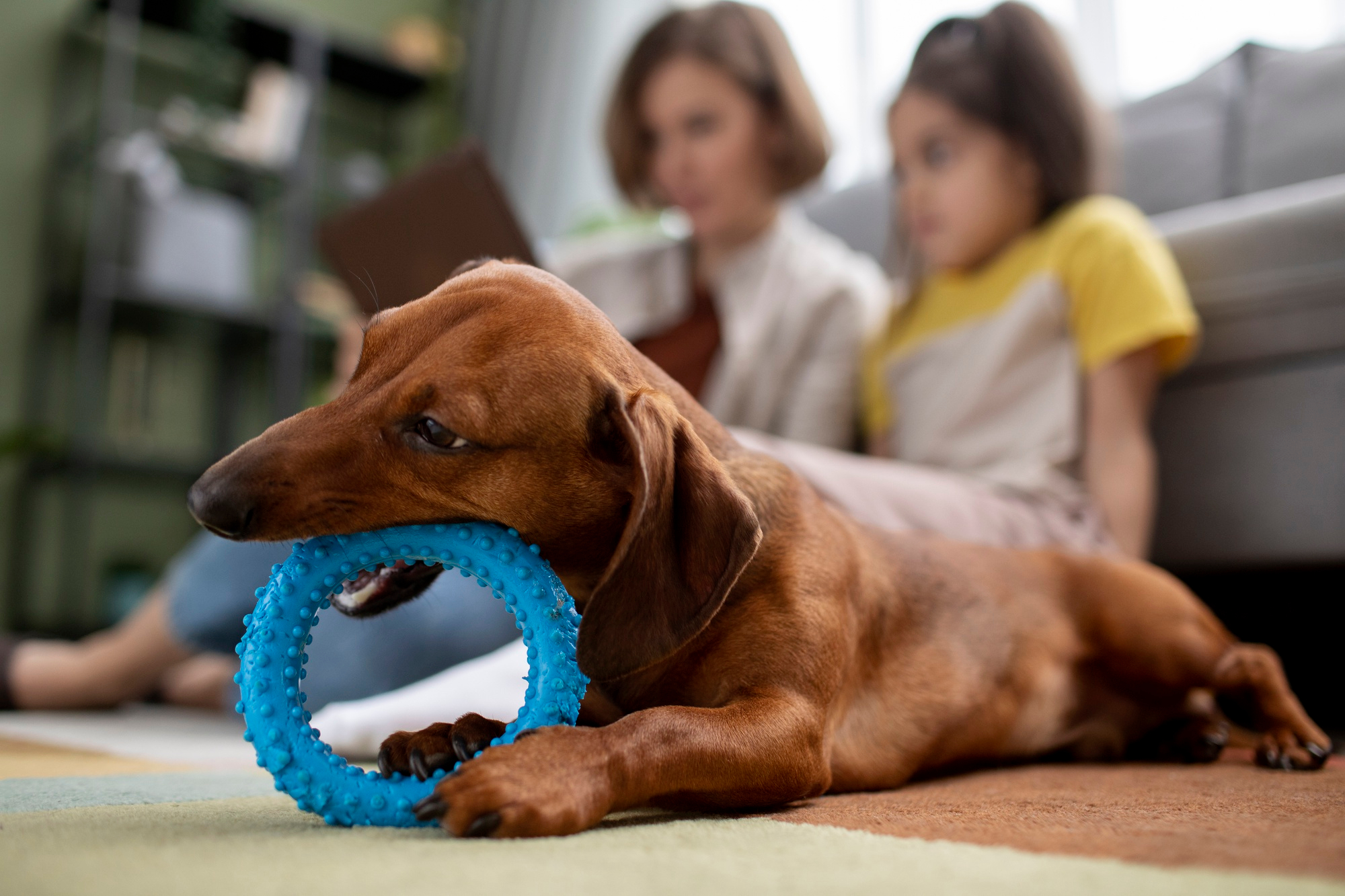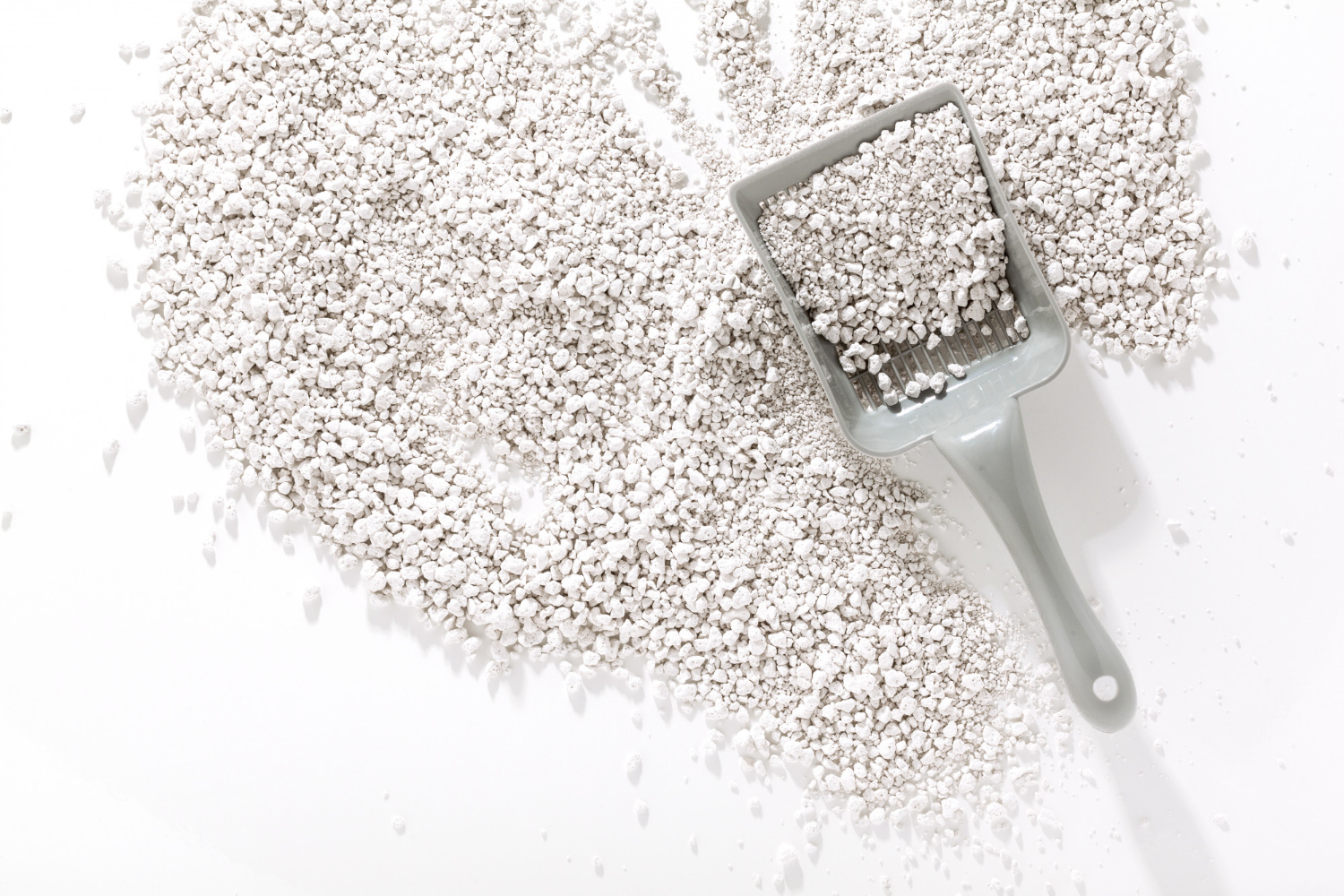Engaging your dog’s natural chewing instincts is essential for their overall well-being. Chewing helps clean their teeth, relieve anxiety, and provide mental stimulation.
However, the safety and suitability of various chew toys and bones, such as nylon dog bones, often spark debate among pet owners. This article delves into the concerns and expert insights regarding nylon dog bones and examines whether they are a safe option for your furry friend.
What Are Nylon Dog Bones?
- Definition and Overview: Nylon dog bones are synthetic chew toys made from durable nylon material. Designed to withstand aggressive chewing, these bones come in various shapes and sizes to cater to different dog breeds and chewing habits.
- Common Brands: Nylabone is one of the most well-known brands of nylon dog bones, offering a wide range of products that have solidified its presence in the pet care market.
Are Nylon Dog Bones Safe to Eat?
- Material Composition: Nylon dog bones are composed of hard nylon material, which is not intended for consumption. While designed to be chewed, ingestion of large pieces can pose significant health risks.
- Health Risks vs. Benefits: Chewing nylon bones can help maintain dental health by scraping off plaque and tartar. However, there are concerns about the potential for broken teeth, gastrointestinal blockages, and other injuries if large pieces are swallowed.
Do Vets Recommend Nylabones?
- Veterinary Opinions: Many veterinarians exhibit cautious approval of Nylabones, recommending them with the condition that dogs be supervised during chew time. They advise choosing appropriately sized bones and monitoring the condition of the toy to prevent hazards.
- Case Studies and Reviews: Numerous pet owners have shared positive experiences with Nylabones, praising them for their durability and effectiveness in keeping dogs entertained. However, some have reported issues with aggressive chewers breaking off chunks, leading to health complications.
Are Nylon Bones Better Than Rawhide?
- Comparative Analysis: Nylon bones and rawhide chews differ significantly. Nylon is generally more durable, reducing the frequency of replacement. Conversely, rawhide chews are digestible but can soften and break, posing choking hazards.
- Advantages and Disadvantages: Nylon bones are robust and long-lasting but can cause dental fractures. Rawhide, while digestible, can splinter and lead to blockages if not chewed sufficiently.
What Are the Safest Bones for Dogs to Chew?
- Natural vs. Synthetic Chews: Safe alternatives to nylon bones include natural chews like antlers, bully sticks, and synthetic options such as rubber toys. Edible chews like dental treats are also viable and can offer health benefits.
- Vet-Approved Choices: Some of the top vet-recommended chew options include Kong toys, which are made of durable rubber, and dental-specific chews that promote oral health.
Best Practices for Choosing Safe Dog Chews
- Understanding Your Dog’s Chewing Habits: Select chews that match your dog’s age, breed, and chewing intensity. Puppies and small breeds may require softer chews, while larger, aggressive chewers need more durable options.
- Regular Monitoring: Always supervise your dog while they chew and inspect toys regularly for signs of wear and tear. Replace chews that show signs of damage to prevent ingestion of large pieces.
Conclusion
In conclusion, nylon dog bones like Nylabones can be a safe and beneficial chew toy for your pup when used correctly. It is crucial to monitor your dog during chew sessions and select the appropriate size and type of bone for their needs.
Always consult your veterinarian for personalized advice to ensure the safety and enjoyment of your pet’s chew toys. Choose wisely and provide a variety of safe chewing options to keep your dog happy and healthy.


















